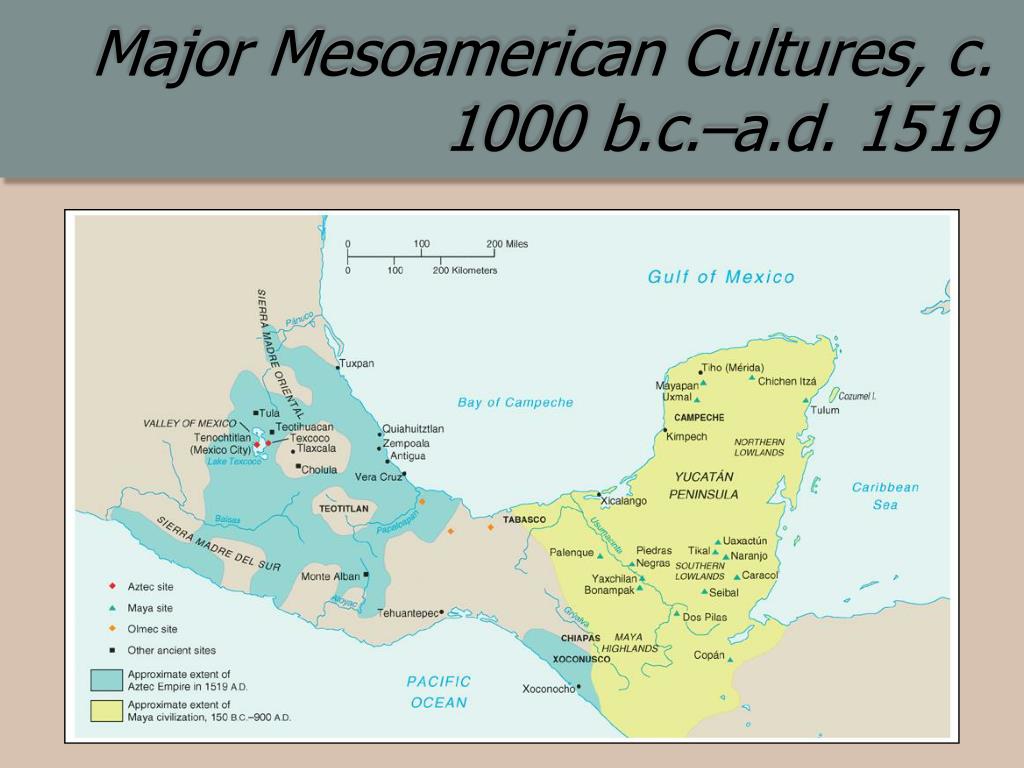

My sense of the Americas as they appear in EU4, for both this essay and the next, is based on the pre- Leviathan version of the game.)Īlso, fair warning, we are going to be discussing slavery here, a topic which is unpleasant but very important. I still don’t have that expansion yet and my current game is in India, so I have been spared those problems.

(I should note that I understand that the most recent expansion tends to cause some odd game behaviors in the Americas related to bugs in an effort to simulate more mobile peoples. And if you want updates whenever a new post appears, you can click below for email updates or follow me on twitter ( for updates as to new posts as well as my occasional ancient history, foreign policy or military history musings. So let me be clear here: while I think EU4 has some flaws (and I’d love to see them addressed in the next game, or in expansions and patches to the current one – just, you know, Paradox, maybe give the next expansion a bit more time in the oven to cook all of the way?), overall, for the genre, EU4 bats well above par in providing a historical game which tries to be careful about difficult issues and to remain well connected to the history.īut first, as always, if you like what you are reading here, please share it if you really like it, you can support me on Patreon. Every approach to history has limitations because the past is too complex for anyone to hold in their heads even scholarly works must, by dint of choosing their scope (because one book cannot cover everything) prioritize some things and de-emphasize others. That does not mean that EU4 is a bad game or evil I am not here to bury it.

In discussing these issues, I am going to end up being rather more critical of EU4 if part II was mostly positive and part I was fairly evenly mixed, this part is going to be rather harsher. While not all of the ruler portraits EU4 uses for loading screens are from Europe, a little more than half of them are. Is this a case of depicting a historical figure in modern fashions? I don’t know enough on the topic to make a determination. I find it a bit odd that a lot of modern depictions of Akbar give him somewhat long hair and a beard, when all of the historical images of him I can find give him sideburns, no beard, short hair and a mustache. EU4 loading screen featuring Akbar I, Padshah of the Mughal Empire (r. As we will see, Europa Universalis has global ambitions, with at best uneven execution (which nevertheless still sets it well above most of its peers it at least wants to tell a global story, even if it doesn’t always succeed). The tension between a game that is in some ways about Europe (I mean, it is called Europa Universalis), but is played on a global stage has been core to the franchise for a long time. This week we are going to take a deliberate look outside of Europe to see how well EU4 functions as a truly global grand-strategy game. We are going to be bringing that thread forward this week and next week as well, because that lens is going to shape the way that EU4 presents its understanding of other historical forces and pressures (though this week we are going to see a few missed opportunities to take that model even further). In particular, EU4 presents a system where the pressure to survive in an anarchic, ‘dog-eat-dog’ world leads states to prioritize increasing security, which in turn forces them to expand in order to have the resources to defend themselves, creating an international system where failing to victimize one’s neighbors lead to becoming a victim and so aggressive war is normalized as states expand and consolidate in order to survive. Last time, we looked at how the diplomatic and military model that Europa Universalis ( EU4) uses provides a vivid demonstration of the pressures of interstate anarchy as understood through neorealist international relations theory.
MESOAMERICA UNIVERSALIS SERIES
This is the third part of our series ( I, II, III, IV) examining the historical assumptions of Paradox Interactive’s grand strategy computer game set in the early modern period, Europa Universalis IV (which is in turn the start of a yet larger series looking at several of Paradox’s games and how they treat their historical subjects.


 0 kommentar(er)
0 kommentar(er)
